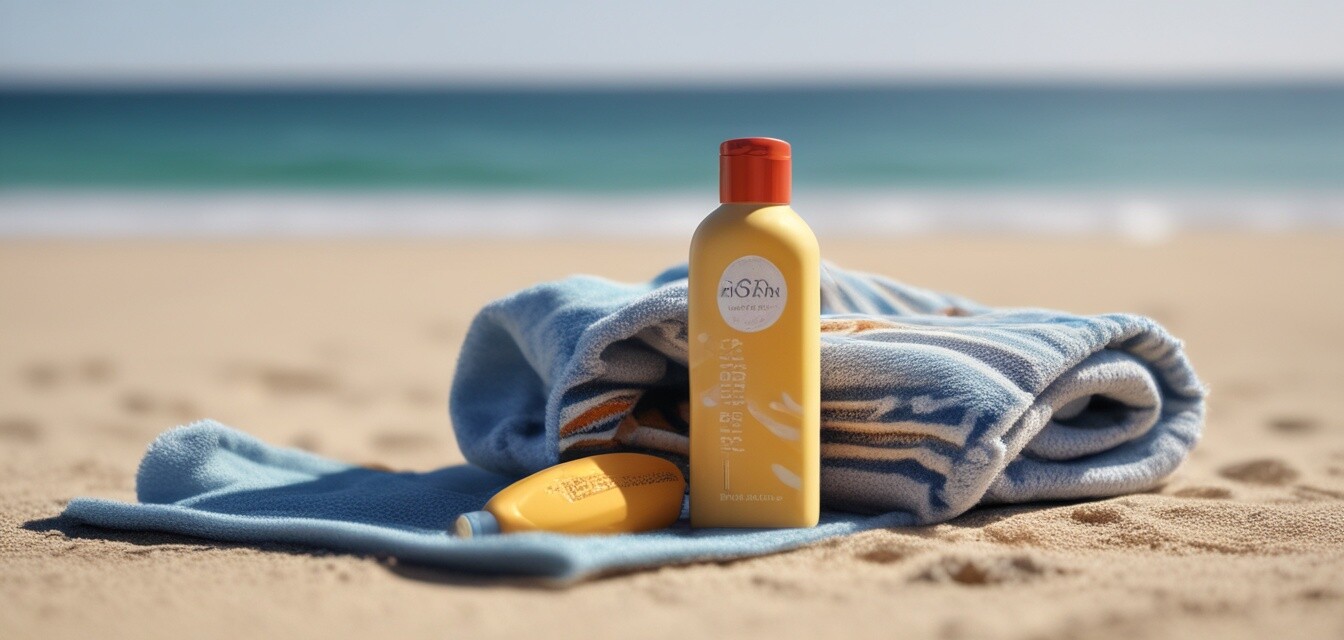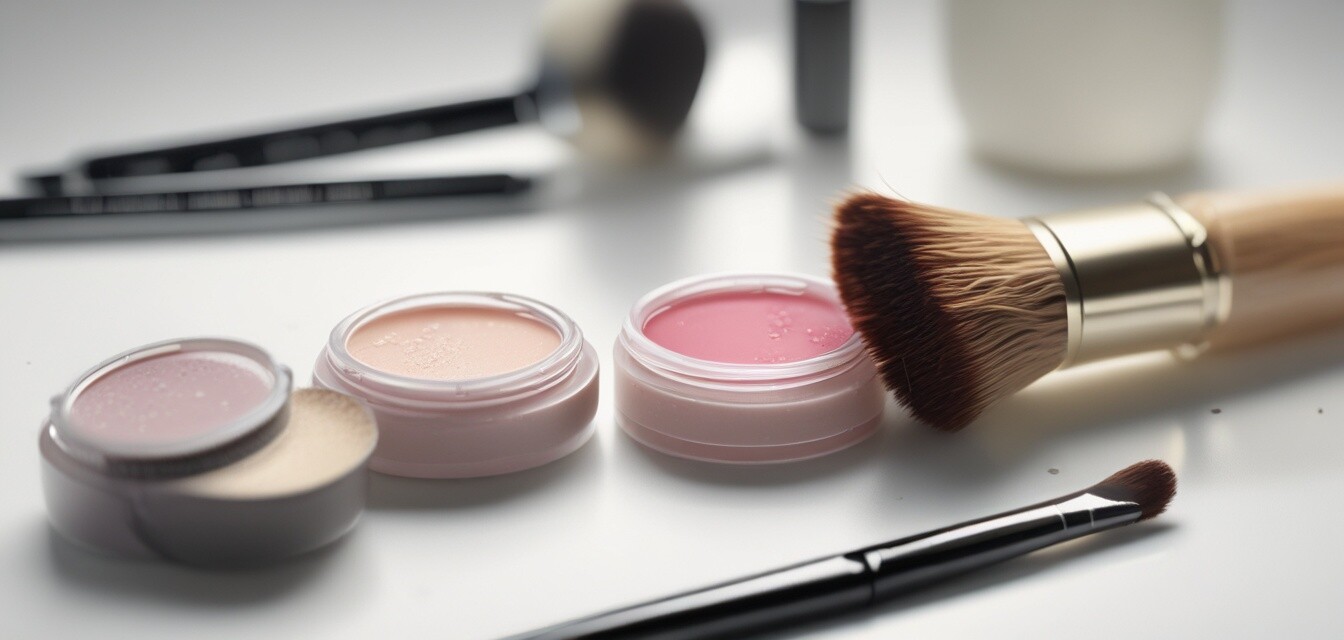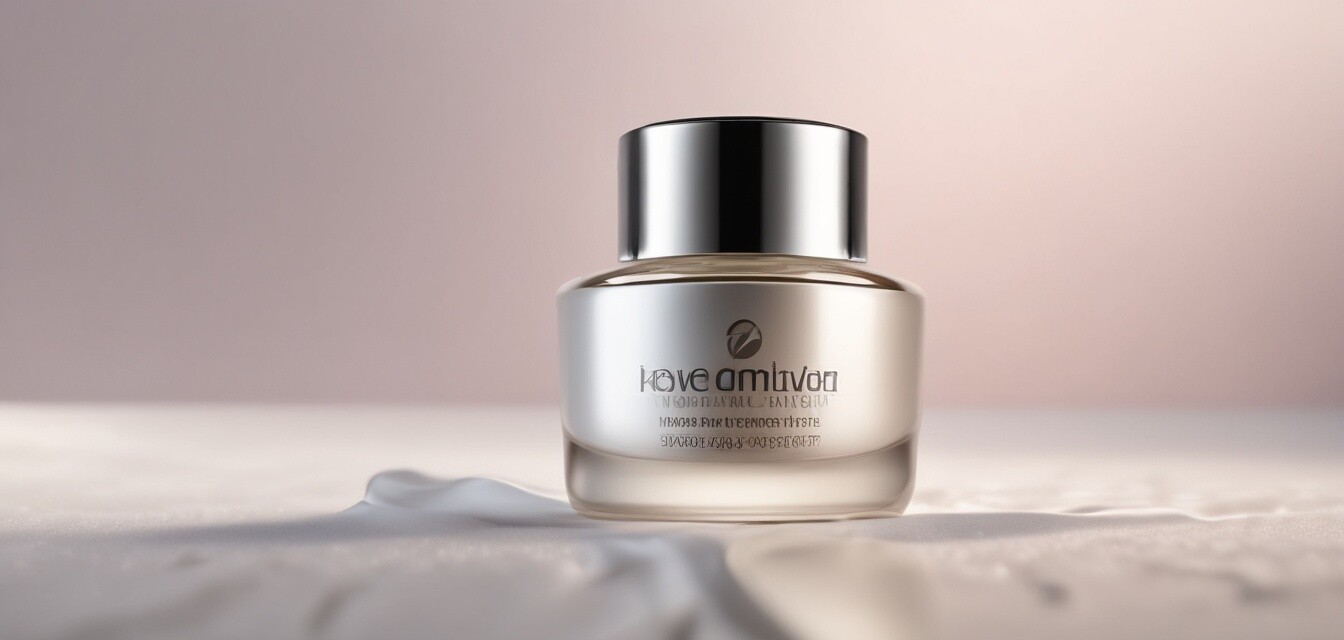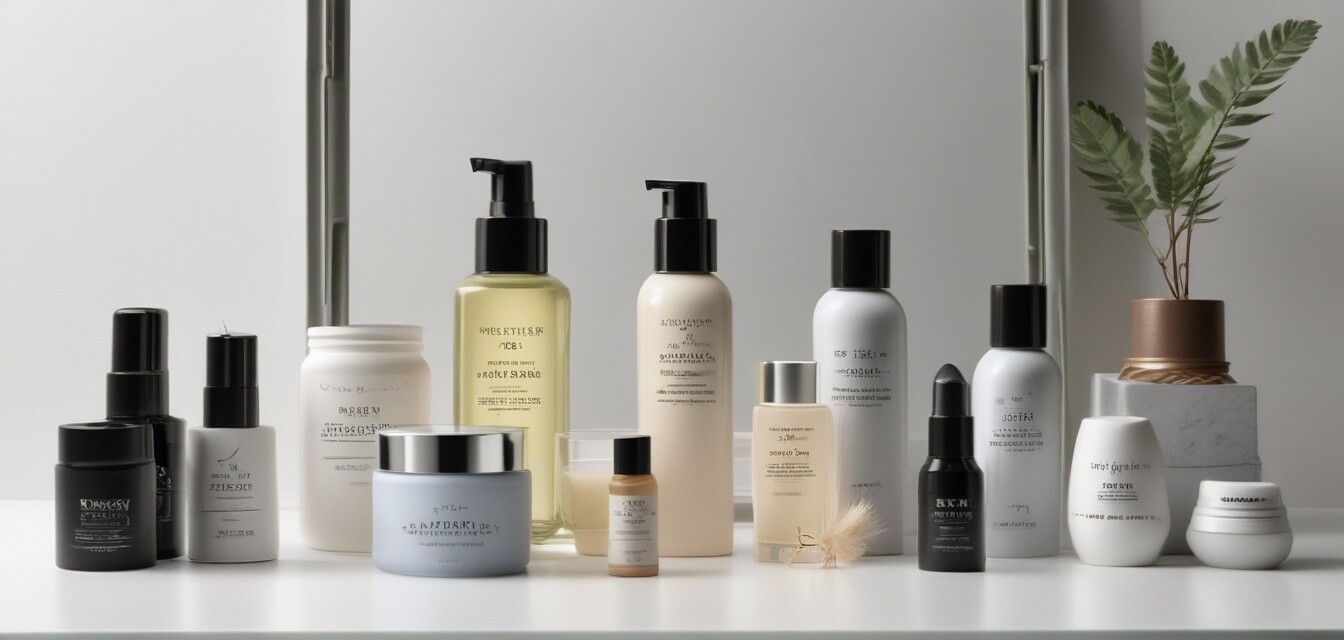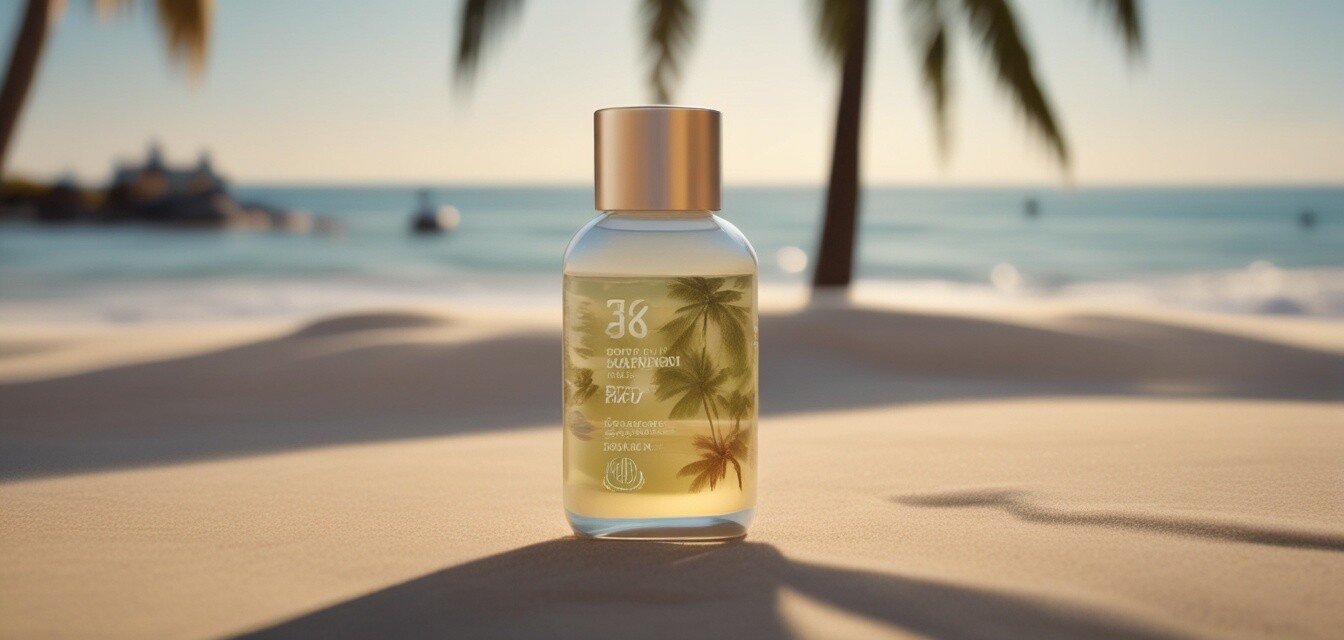
Sunscreen for Sensitive Skin
Protecting your skin from the sun's harmful UV rays is crucial, but it can be a challenge if you have sensitive skin. Harsh chemicals and fragrances in regular sunscreens can irritate your skin, making it even more sensitive. In this article, we'll review sunscreens specifically formulated for protecting sensitive skin.
Key Takeaways
- Look for sunscreens with physical active ingredients like zinc oxide and titanium dioxide
- Opt for fragrance-free and hypoallergenic sunscreens
- Choose a broad-spectrum sunscreen with an SPF of at least 30
- Apply sunscreen 15-30 minutes before going outside
What Makes a Sunscreen Suitable for Sensitive Skin?
When searching for a sunscreen for sensitive skin, there are several factors to consider. Here are some key ingredients and characteristics to look for:
| Ingredient/Characteristic | Why It's Important |
|---|---|
| Physical active ingredients (zinc oxide, titanium dioxide) | These ingredients work as a physical barrier to protect your skin from UV rays, reducing the risk of irritation |
| Fragrance-free | Fragrances can be a common irritant for sensitive skin, so opting for a fragrance-free sunscreen reduces the risk of reaction |
| Hypoallergenic | Hypoallergenic sunscreens are designed to minimize the risk of allergic reactions and irritation |
How to Choose the Right Sunscreen for Your Sensitive Skin
With so many sunscreens on the market, it can be overwhelming to choose the right one. Here are some tips to help you make an informed decision:
- Read the ingredient label: Check for physical active ingredients, fragrance-free, and hypoallergenic claims
- Check the SPF: Opt for a broad-spectrum sunscreen with an SPF of at least 30
- Look for certifications: Some sunscreens are certified by organizations like the National Eczema Association or the Skin Cancer Foundation

Additional Tips for Sensitive Skin
In addition to choosing the right sunscreen, here are some additional tips to help protect your sensitive skin:
- Apply sunscreen 15-30 minutes before going outside to allow it to absorb into your skin
- Wear protective clothing, such as a hat and long-sleeved shirt, to reduce skin exposure
- Seek shade, especially during peak sun hours (10am-4pm)

Conclusion
Protecting your sensitive skin from the sun's harmful UV rays doesn't have to be a challenge. By choosing a sunscreen specifically formulated for sensitive skin and following our additional tips, you can enjoy the outdoors while keeping your skin safe.
Pros
- Reduces the risk of skin irritation and allergic reactions
- Provides broad-spectrum protection against UV rays
- Can be worn daily, even under makeup
Cons
- May be more expensive than regular sunscreens
- Some sunscreens may leave a white residue on the skin
Further Reading
If you're interested in learning more about sensitive skin care, check out our guides on:
